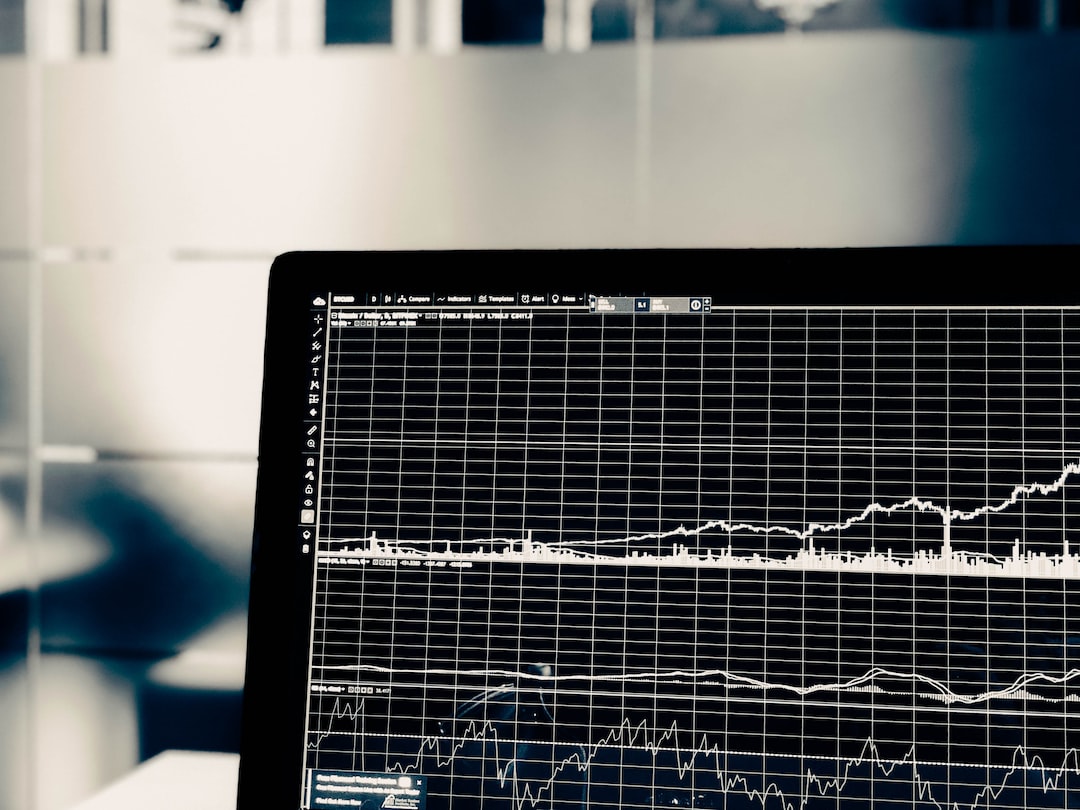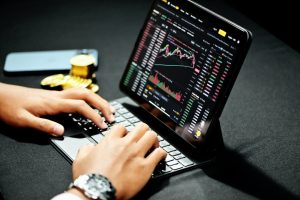Forex trading is a lucrative and exciting way to make money for those who know what they are doing. Yet, knowing when to trade in forex is just as important as knowing how to trade. Forex trading is a 24-hour market, and the timing of your trades can have a significant impact on your overall profitability. In this article, we will explore the best times to trade in forex and why timing is everything in this market.
The Forex Market
The forex market is the largest and most liquid financial market in the world, with an estimated $6.6 trillion traded daily. The forex market is decentralized, meaning it has no central exchange. Instead, forex trading is conducted electronically over-the-counter (OTC) through a network of banks, brokers, and traders. The forex market operates 24 hours a day, five days a week, opening on Sunday at 5:00 pm EST and closing on Friday at 5:00 pm EST.
When to Trade Forex
The forex market is open 24 hours a day, but that doesn’t mean that every hour is ideal for trading. There are certain times when the market is more active and volatile, which can provide more opportunities for profitable trades. The best times to trade in forex are during the overlap of the Asian, European, and American trading sessions.
Asian Trading Session
The Asian trading session, which includes Tokyo, Hong Kong, and Singapore, is the first major trading session of the day. It opens at 7:00 pm EST and closes at 4:00 am EST. The Asian trading session is generally the quietest and least volatile of the three trading sessions. This is because the markets in this region are still waking up, and there is typically less news and economic data being released during this time. However, there are still opportunities to trade during this session, especially for traders who specialize in trading the yen (JPY) and the Australian dollar (AUD).
European Trading Session
The European trading session, which includes London and Frankfurt, is the most active and volatile of the three trading sessions. It opens at 3:00 am EST and closes at 12:00 pm EST. The European trading session is characterized by high volatility, increased trading volumes, and economic data releases. The market tends to move in response to news and economic data releases, which can provide excellent trading opportunities for traders who know how to interpret the data. The European trading session is also the busiest time for forex traders since many large financial institutions are located in London.
American Trading Session
The American trading session, which includes New York, is the last major trading session of the day. It opens at 8:00 am EST and closes at 5:00 pm EST. The American trading session is less volatile than the European trading session but is still an active time for forex trading. The market tends to move in response to news and economic data releases from the United States, which can provide excellent trading opportunities for traders who specialize in trading the US dollar (USD).
Weekend Gaps
One thing to be aware of when trading forex is weekend gaps. Since the forex market is open 24 hours a day, it does not close for weekends. However, trading volumes are much lower over the weekend, and there is typically less news and economic data being released. This can lead to significant gaps in the market when trading resumes on Monday. Traders should be cautious of holding positions over the weekend, as they may be exposed to significant price movements when the market reopens.
Conclusion
Knowing when to trade in forex is just as important as knowing how to trade. The forex market is open 24 hours a day, but not all hours are created equal. The best times to trade in forex are during the overlap of the Asian, European, and American trading sessions. These times are characterized by increased volatility, higher trading volumes, and economic data releases. Traders should also be aware of weekend gaps and be cautious about holding positions over the weekend. By understanding the best times to trade in forex, traders can increase their chances of making profitable trades and reduce their exposure to unnecessary risks.





